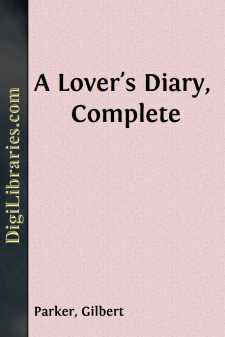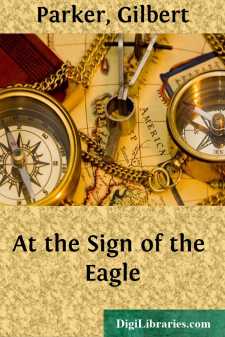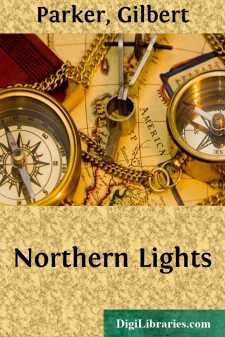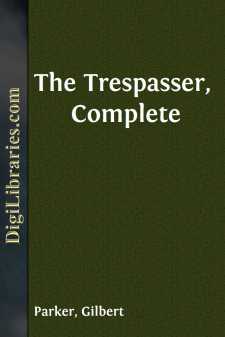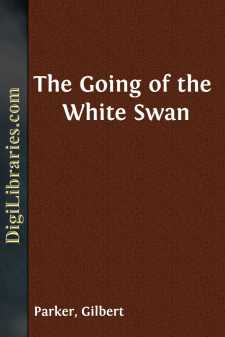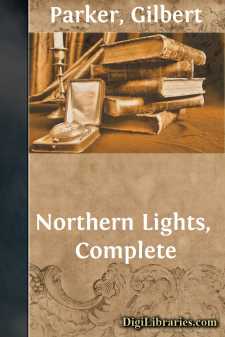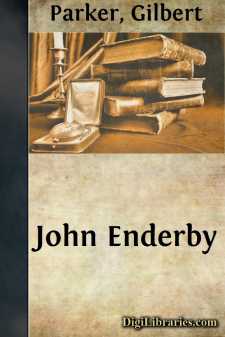Categories
- Antiques & Collectibles 13
- Architecture 36
- Art 48
- Bibles 22
- Biography & Autobiography 813
- Body, Mind & Spirit 142
- Business & Economics 28
- Children's Books 17
- Children's Fiction 14
- Computers 4
- Cooking 94
- Crafts & Hobbies 4
- Drama 346
- Education 46
- Family & Relationships 57
- Fiction 11829
- Games 19
- Gardening 17
- Health & Fitness 34
- History 1377
- House & Home 1
- Humor 147
- Juvenile Fiction 1873
- Juvenile Nonfiction 202
- Language Arts & Disciplines 88
- Law 16
- Literary Collections 686
- Literary Criticism 179
- Mathematics 13
- Medical 41
- Music 40
- Nature 179
- Non-Classifiable 1768
- Performing Arts 7
- Periodicals 1453
- Philosophy 64
- Photography 2
- Poetry 896
- Political Science 203
- Psychology 42
- Reference 154
- Religion 513
- Science 126
- Self-Help 84
- Social Science 81
- Sports & Recreation 34
- Study Aids 3
- Technology & Engineering 59
- Transportation 23
- Travel 463
- True Crime 29
A Lover's Diary, Complete
by: Gilbert Parker
Description:
Excerpt
INTRODUCTION
'A Lover's Diary' has not the same modest history as 'Embers'. As far back as 1894 it was given to the public without any apology or excuse, but I have been apologising for it ever since, in one way—without avail. I wished that at least one-fifth of it had not been published; but my apology was never heard till now as I withdraw from this edition of A Lover's Diary some twenty-five sonnets representing fully one-fifth of the original edition. As it now stands the faint thread of narrative is more distinct, and redundancy of sentiment and words is modified to some extent at any rate. Such material story as there is, apart from the spiritual history embodied in the sonnets, seems more visible now, and the reader has a clearer revelation of a young, aspiring, candid mind shadowed by stern conventions of thought, dogma, and formula, but breaking loose from the environment which smothered it. The price it pays for the revelation is a hopeless love informed by temptation, but lifted away from ruinous elements by self-renunciation, to end with the inevitable parting, poignant and permanent, a task of the soul finished and the toll of the journey of understanding paid.
The six sonnets in italics, beginning with 'The Bride', and ending with 'Annunciation', have nothing to do with the story further than to show two phases of the youth's mind before it was shaken by speculation, plunged into the sadness of doubt and apprehension, and before it had found the love which was to reveal it to itself, transform the character, and give new impulse and direction to personal force and individual sense. These were written when I was twenty and twenty-one years of age, and the sonnet sequence of 'A Lover's Diary' was begun when I was twenty-three. They were continued over seven years in varying quantity. Sometimes two or three were written in a week, and then no more would be written for several weeks or maybe months, and it is clearly to be seen from the text, from the change in style, and above all in the nature of the thought that between 'The Darkened Way', which ends one epoch, and 'Reunited', which begins another and the last epoch, were intervening years.
The sonnet which begins the book and particularly that which ends the book have been very widely quoted, and 'Envoy' has been set to music by more than one celebrated musician. Whatever the monotony of a sonnet sequence (and it is a form which I should not have chosen if I had been older and wiser) there has been a continuous, if limited, demand for the little book. As Edmund Clarence Stedman said in a review, it was a book which had to be written. It was an impulse, a vision, and a revealing, and, in his own words in a letter to me, "It was to be done whether you willed it or no, and there it is a truthful thing of which you shall be glad in spite of what you say."
These last words of the great critic were in response to the sudden repentance and despair I felt after Messrs. Stone and Kimball had published the book in exquisite form with a beautiful frontispiece by Will H....


